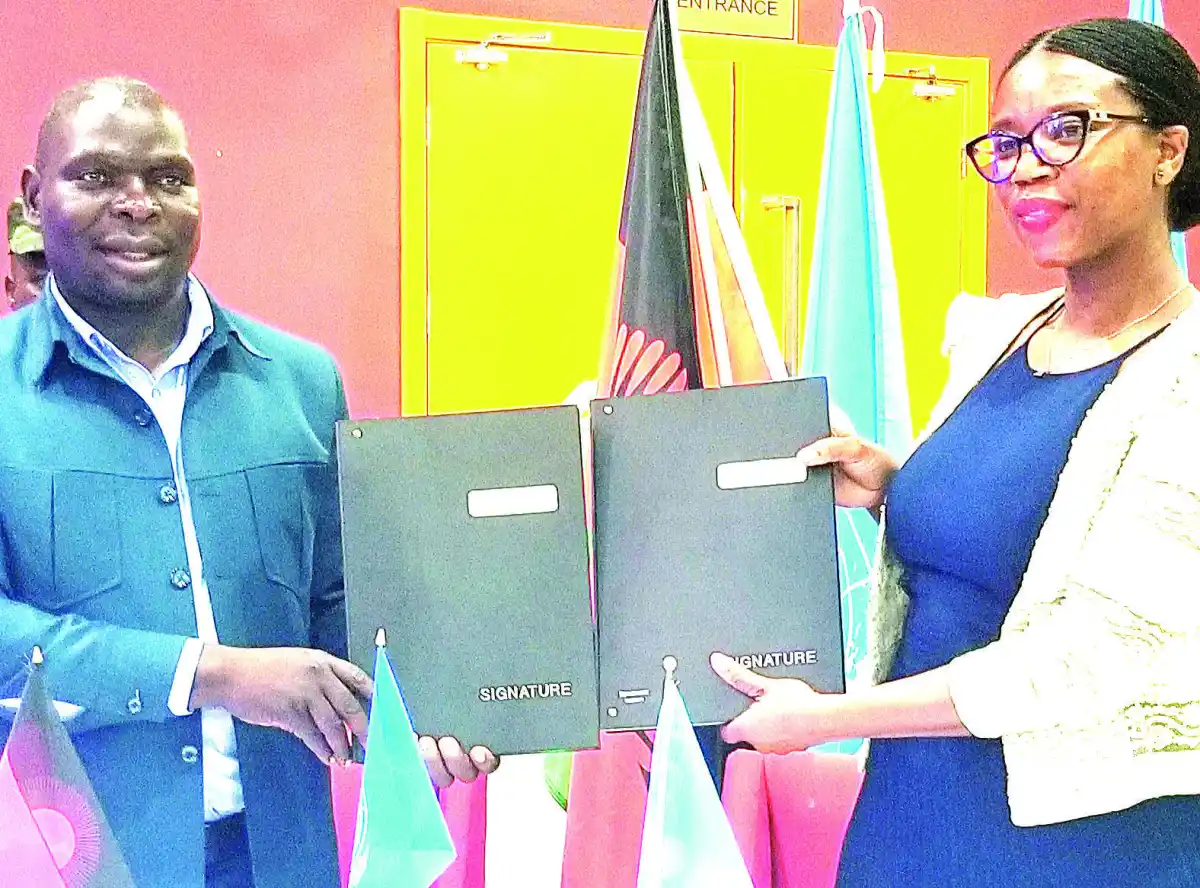
By Kingsley Jassi:
A credit distribution study by International Finance for Agriculture Development (Ifad) has found a huge drop of banks’ financing to the private sector, from 50 percent in 2010 to just 23 percent in 2024.
Ifad Country Director Bernadette Mukonyola shared this in Lilongwe on Thursday during the launch of a $24 million intervention called Blended Rural Finance Facilities (BRFF), a catalytic facility that intends to unlock financial sector credit to enterprises and small-scale farmers.
“Lending to the private sector by banks has been declining from 50 percent in 2010 to 23 percent in 2024, with only 13 percent towards rural finance including agriculture,” Mukonyola said.
She further said only 24 percent of MSMEs accessed banking credit facilities and 64 percent use informal setups such as family or money lenders.
Mukonyola said high demand was met with risk-averse financial institutions, liquidity constraints and weather-related shocks, limiting the reach of traditional credit mechanisms.
“Addressing this challenge is imperative and we, at Ifad, believe that sustainable financial access is the cornerstone of economic transformation, poverty reduction and food security,” she said.
The Ifad financial intervention seeks to support commercial banks, micro finance Institutions (MFIs) and commercial cooperatives to provide over 605,000 loans, directly benefitting over 1,666,169.
Minister of Finance Simplex Chithyola Banda said BRFF would operate as a wholesale financing facility, managed by a dedicated fund manager, Maiic, in collaboration with participating financial institutions.
“It will provide lines of credit for MFIs and financial cooperatives, enabling them to extend affordable credit to rural borrowers.
“Additionally, it will offer lines of credit for agricultural value chain financing, ensuring that farmers and agribusinesses have access to funds that enhance productivity and market access,” Chithyola Banda said.
He added that a partial credit guarantee facility would be established to mitigate risks faced by financial institutions when lending to smallholder farmers and rural enterprises.
According to the minister, apart from the $24 million financing from Ifad, other cooperating partners would provide a similar amount while banks commit to pump in $20 million while financial cooperatives under Muscco will inject $8 million.
According to Ifad Regional Director Sara Mbago Bhumu, the organisation is proactively engaging the private sector to overcome developmental challenges in the countries it operates, as its portfolio in Malawi is valued at $450 million in four projects.
The project will be implemented by Financial Access for Rural Markets and Small Enterprises, which developed the concept to build on the seven-year project it has been implementing as an Ifad initiative.








0 Comments